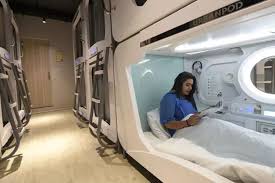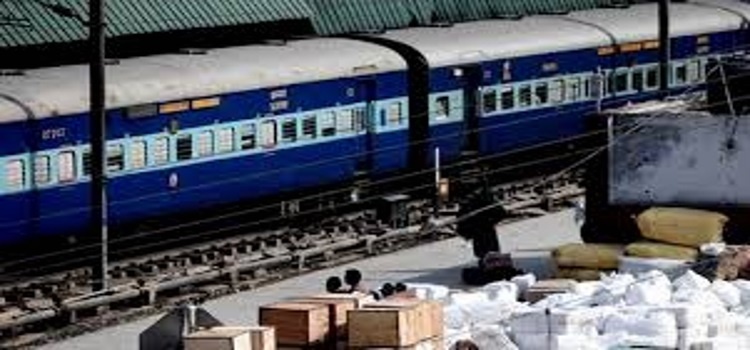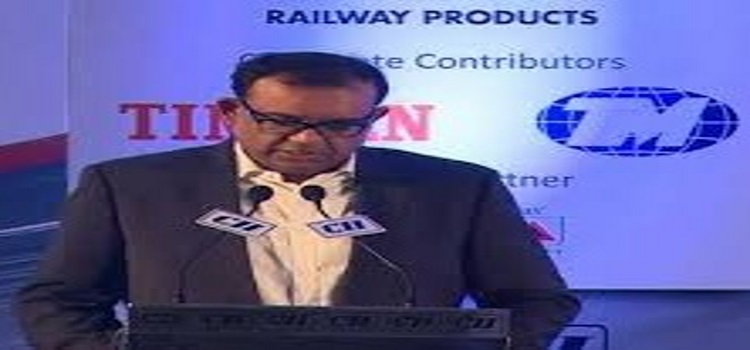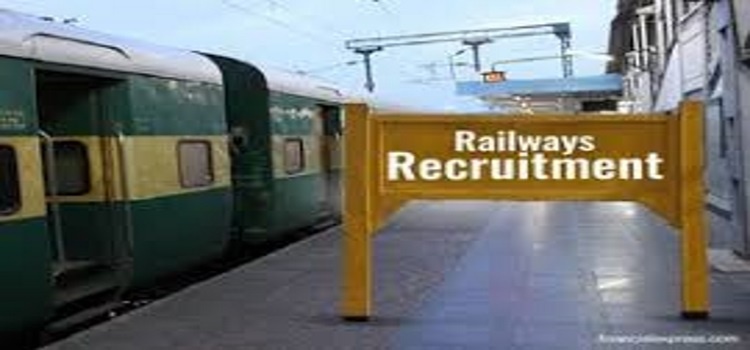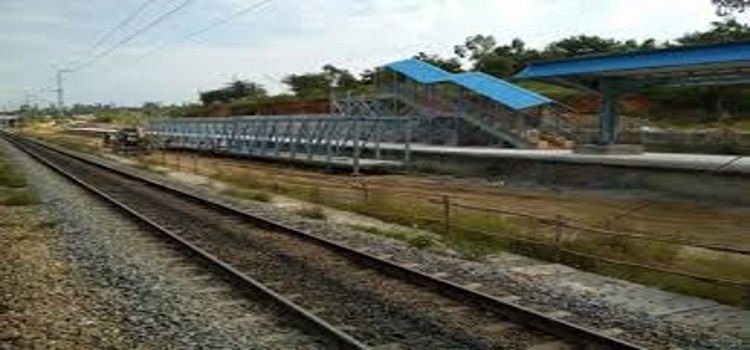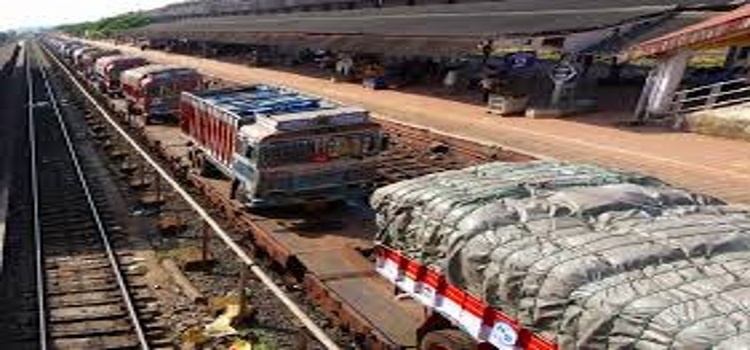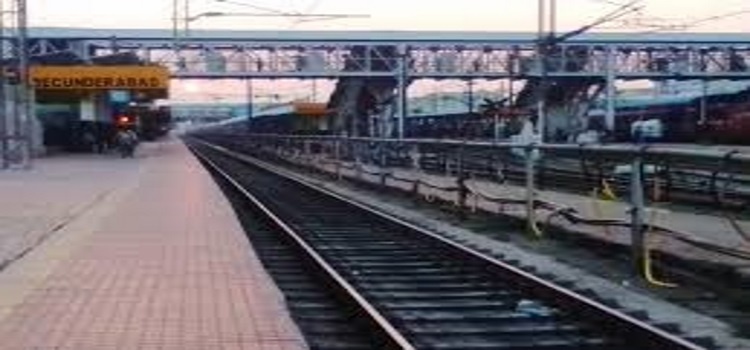Reliance Infrastructure Ltd (RInfra) said it has entered the railways’ EPC segment by winning a project worth Rs 774 crore from RVNL.
The company said it has received “the Letter of Award (LOA) from Rail Vikas Nigam Limited (RVNL) for its maiden railway project worth Rs 774 crore for the construction of third rail line between Jimidipeta and Gotlam on East Coast Railway on Engineering, Procurement and Construction (EPC) basis”. Jimidipeta-Gotlam Railway route falls on the Waltair Division of East Coast Railway.
The 105 km-long line will run in Andhra Pradesh and Odisha, it said, adding that the scope of work includes civil, track, electrification, signalling and telecom works. It also includes construction of 13 railway stations and staff quarters.
The other bidders in the fray were L&T and NCC, the company said.
The Railway line between Jimidipeta to Gotlam is part of Titlagarh-Vizianagaram section. At present, Titlagarh-Vizianagaram is a double line (electrified) track section of Jharsuguda- Visakhapatnam line.
It is an important rail link between Jharsuguda and Visakhapatnam, and serves as a bypass Rail link to Howrah-Mumbai trunk route and Howrah-Chennai main line of East Coast region.
It also caters to the goods and passenger traffic from Bhubaneswar, Sambalpur and Raygada with Koraput on the Kottavalsa-Kirandaul line. The line traverses through Western Odisha and Andhra Pradesh. This line will lead to development around the entire area, the company said.
Reliance Infrastructure EPC CEO, Arun Gupta, said: “This order marks our foray into Railway EPC segment… The company is well positioned in the emerging railway market and poised to capture a sizable share.


